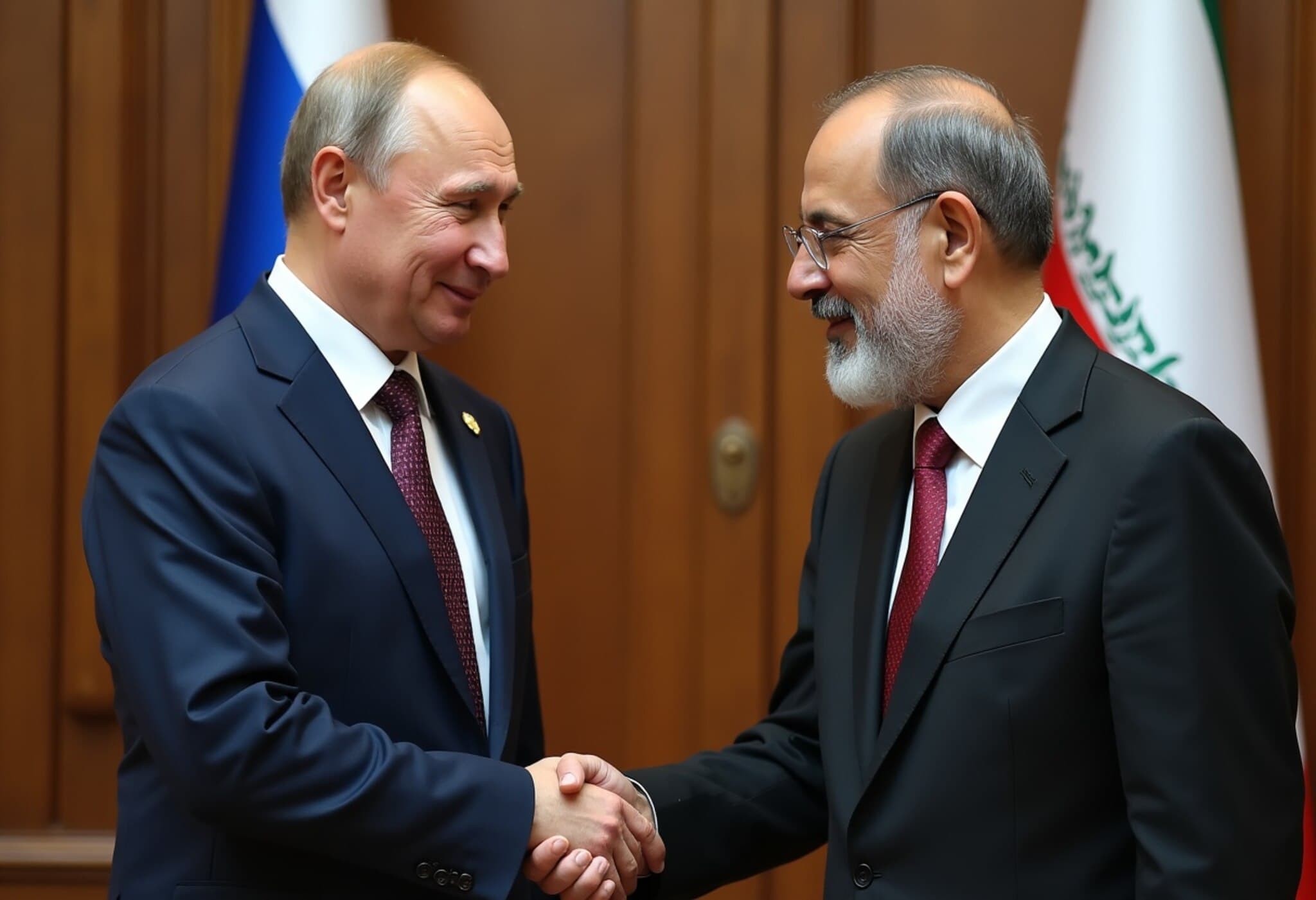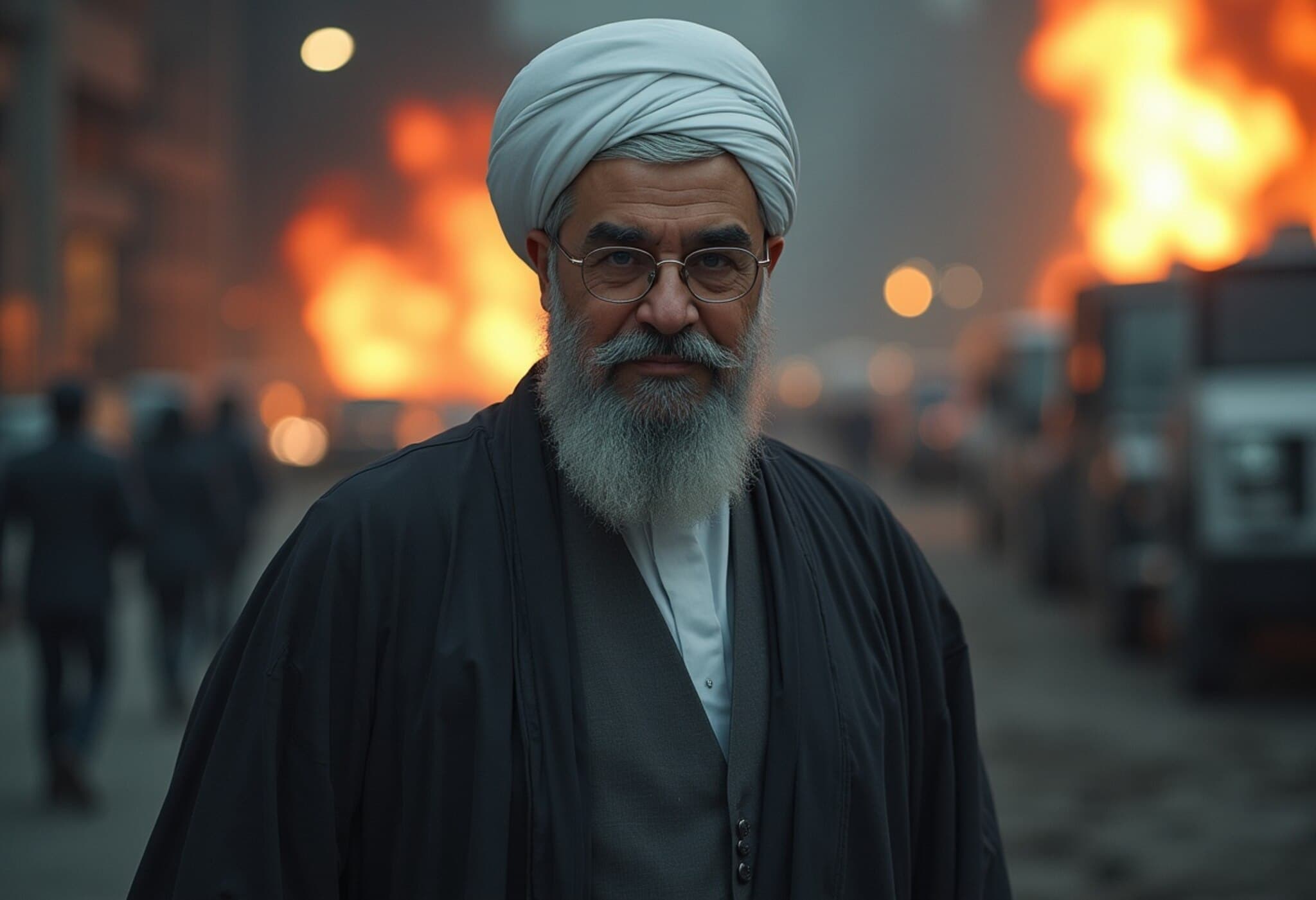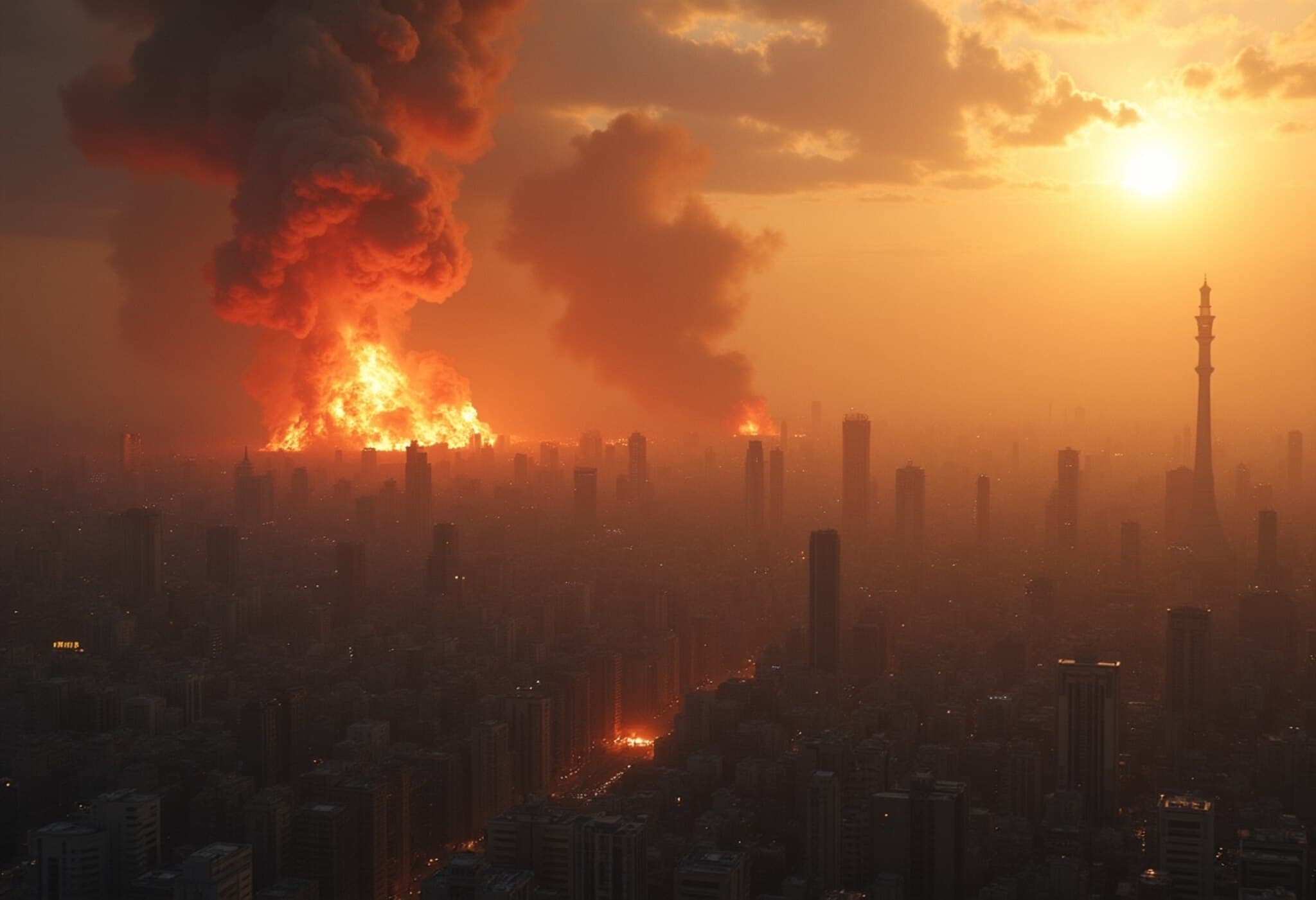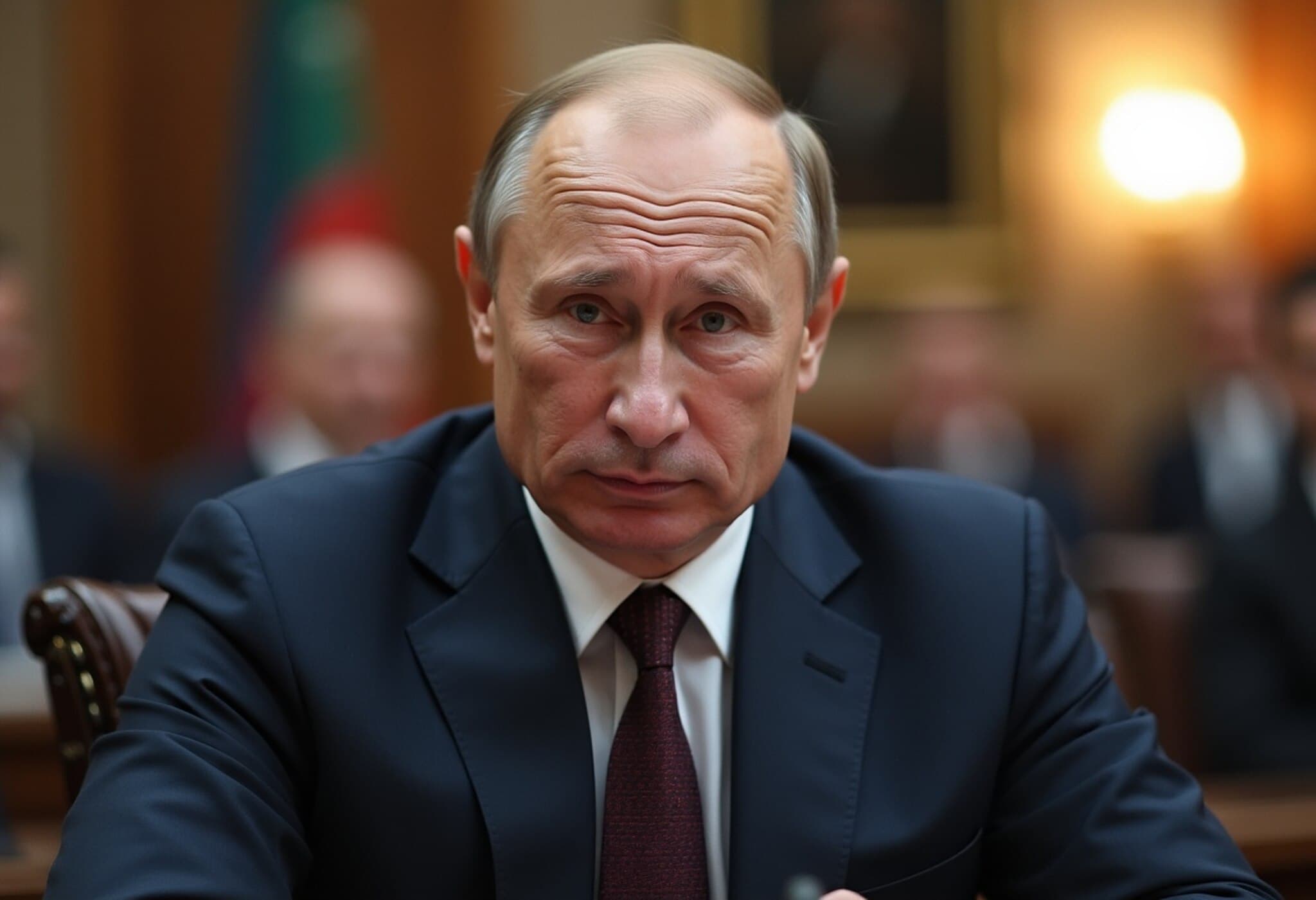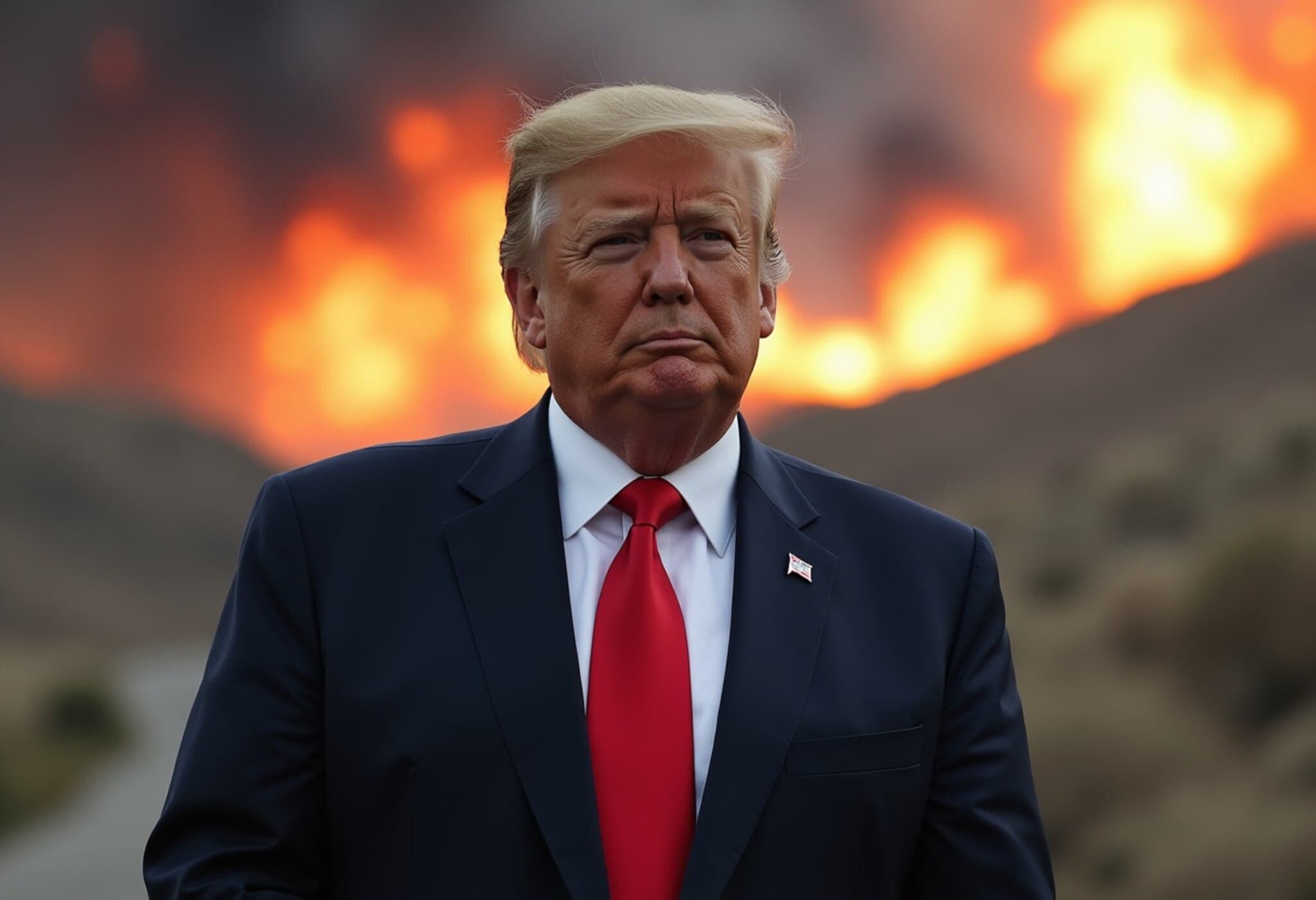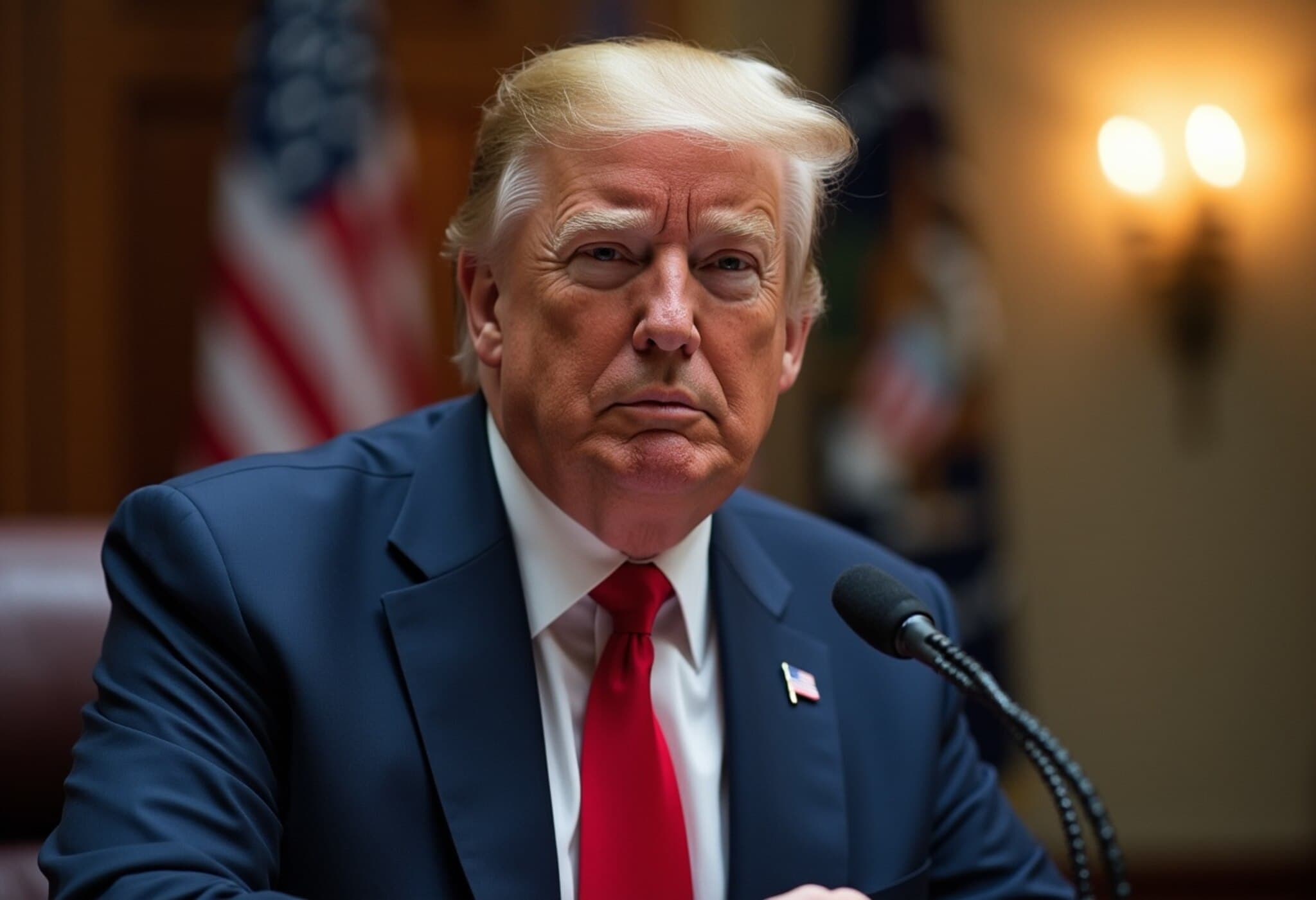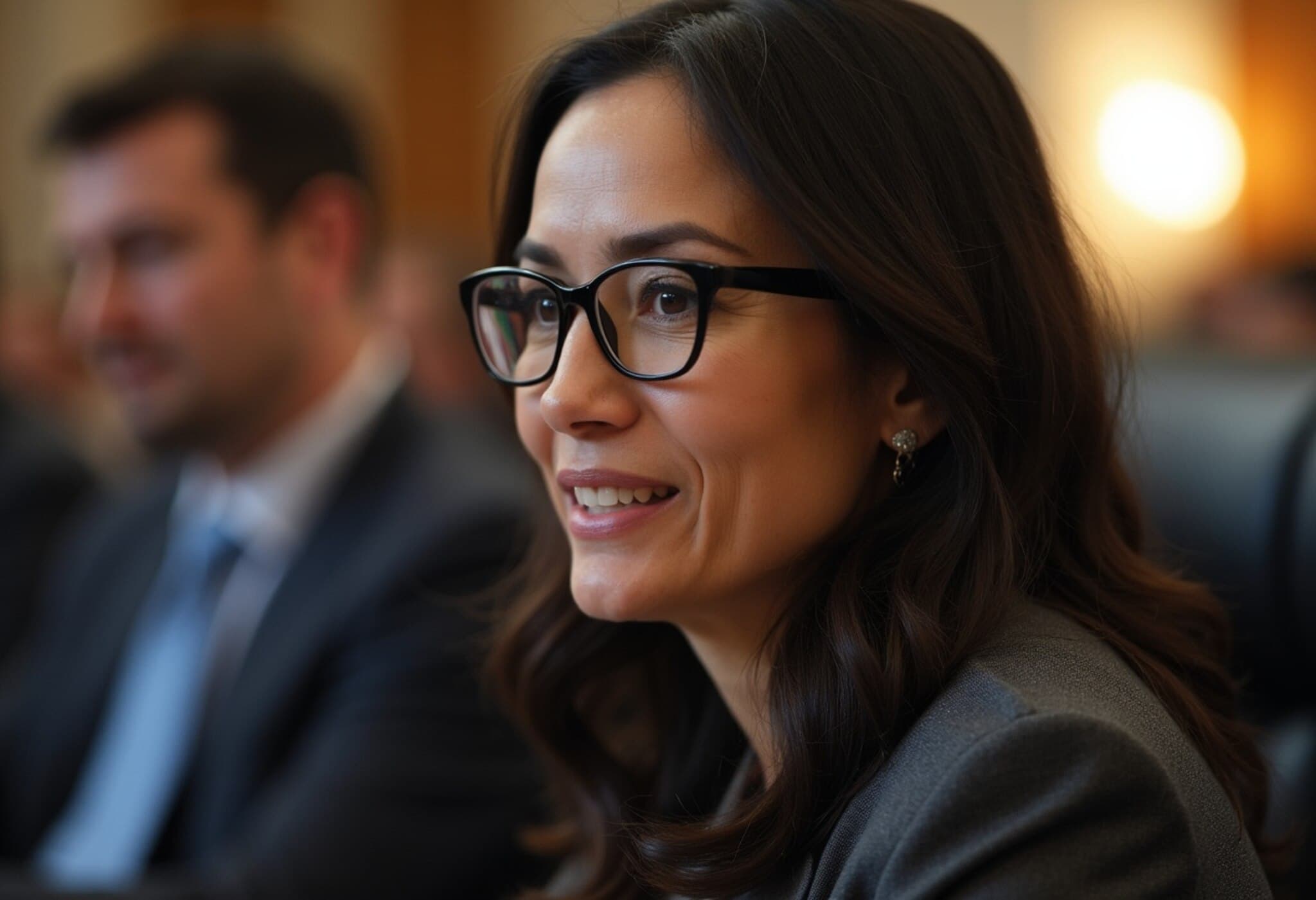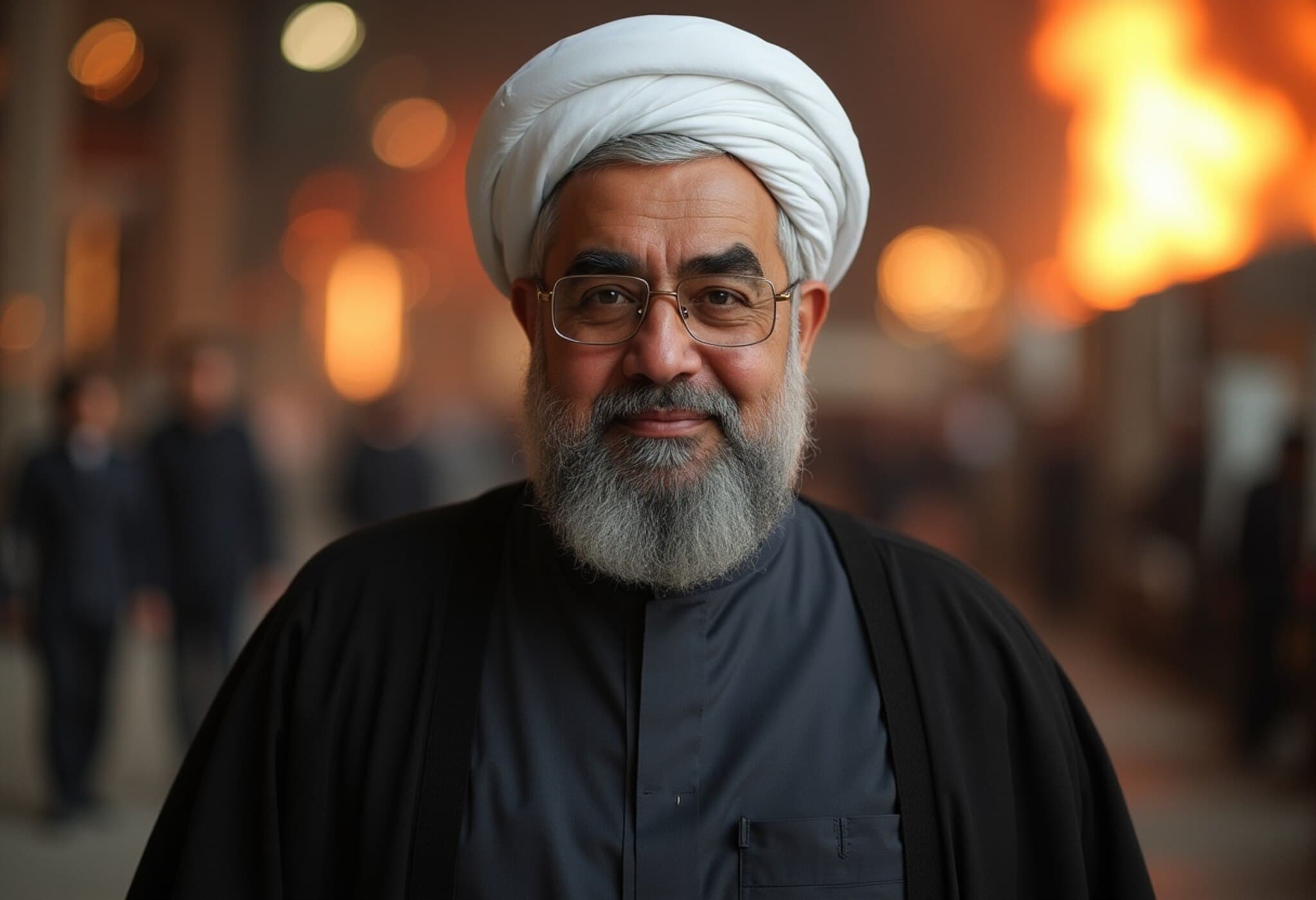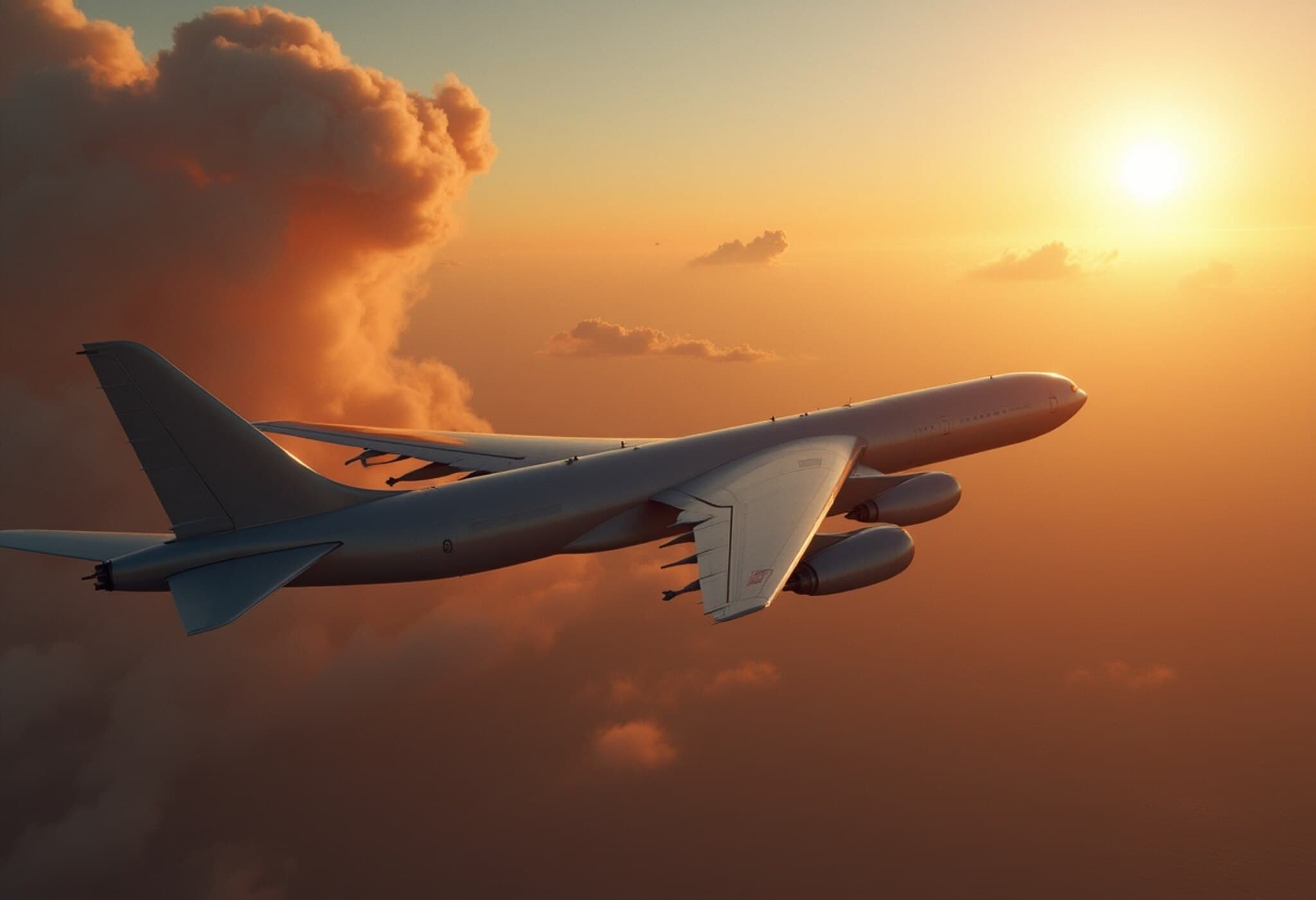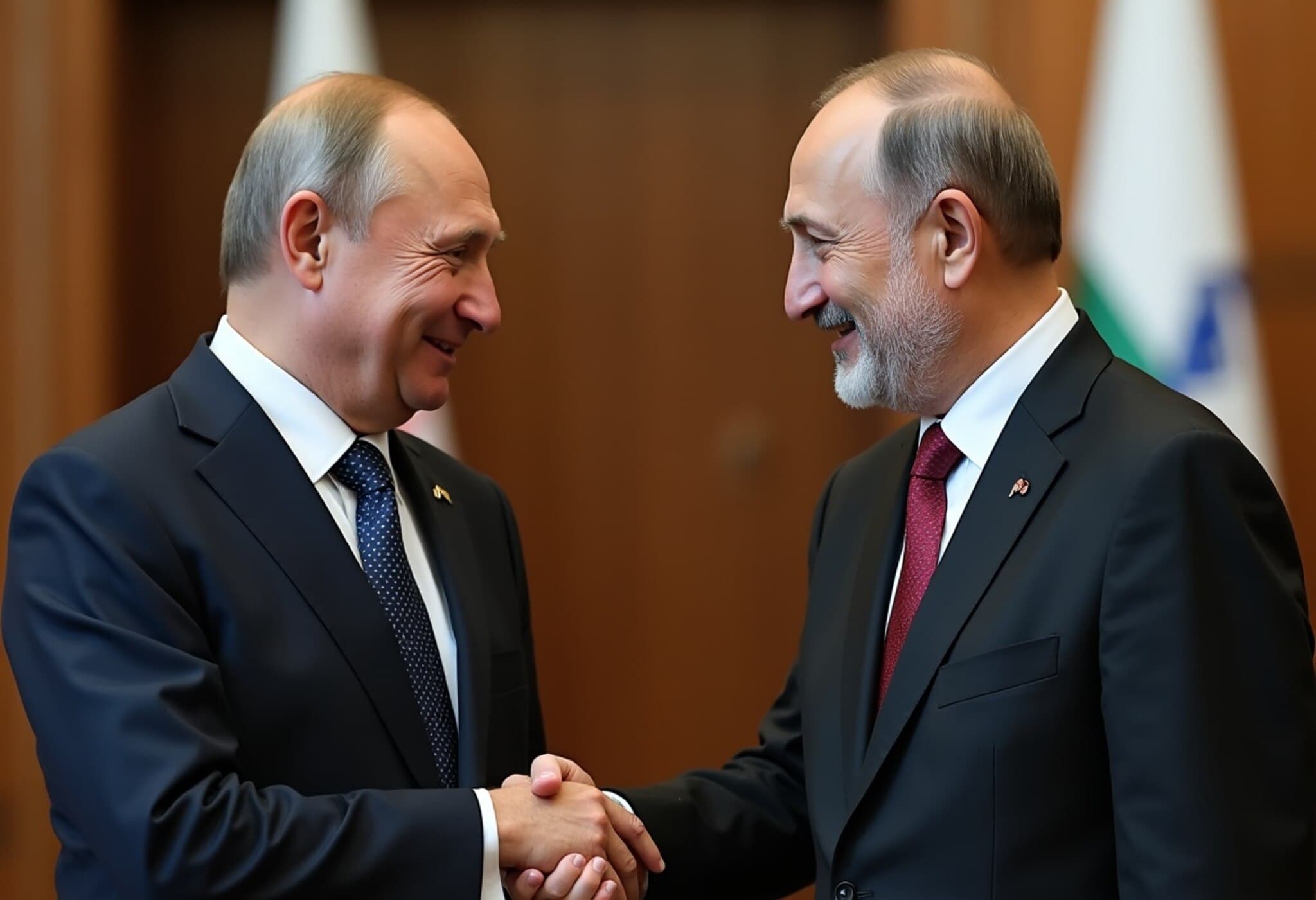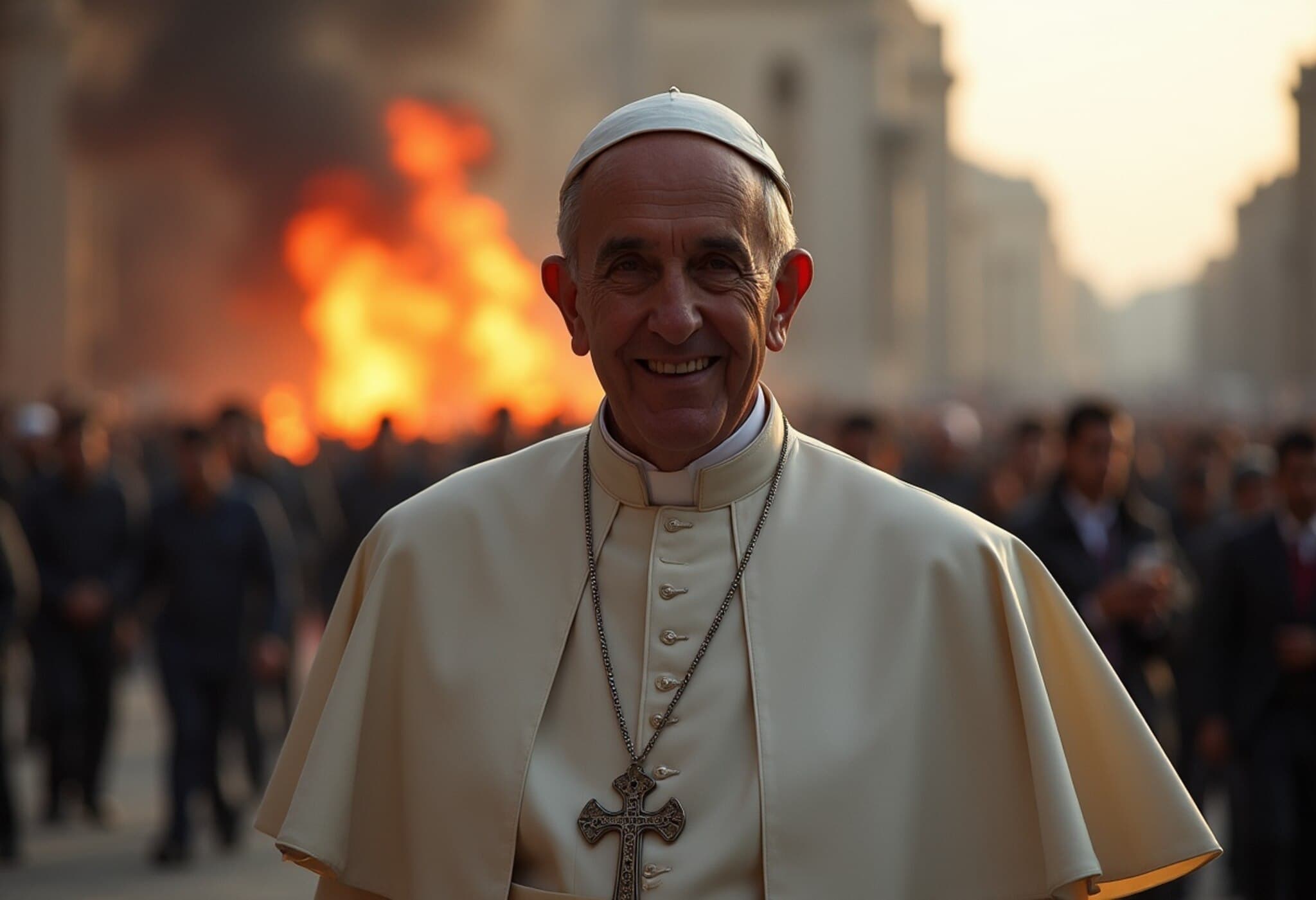Putin and Iranian Adviser Larijani Engage in High-Level Talks on Middle East Stability
On July 20, 2025, Russian President Vladimir Putin met with Ali Larijani, a senior adviser to Iran’s Supreme Leader Ayatollah Ali Khamenei, in a significant diplomatic engagement aimed at addressing rising tensions in the Middle East as well as critical issues surrounding Iran’s nuclear program. The meeting, confirmed by Kremlin spokesman Dmitry Peskov and reported by the Russian state news agency RIA, highlighted Russia's continued involvement in the complex regional dynamics of the Middle East.
Key Topics: Middle East Stability and Nuclear Diplomacy
The discussions focused primarily on the escalating unrest in the Middle East, a region that has seen intensifying conflicts that threaten global security and economic stability. President Putin emphasized Russia’s commitment to fostering stability through diplomatic and political means rather than military escalation. The two leaders also delved into the delicate matter of Iran’s nuclear program, a subject of intense scrutiny and international negotiations for over a decade.
Putin reaffirmed Russia’s stance: that a political solution remains the most viable path forward, reflecting Moscow’s preference for dialogue over confrontation in addressing the nuclear issue. This approach aligns with Russia’s broader geopolitical strategy to strengthen ties with Iran amid shifting global alliances.
Why This Meeting Matters
This engagement comes at a critical juncture where global powers are navigating the repercussions of Middle Eastern conflicts, which have far-reaching implications for global energy markets, security alliances, and diplomatic relations involving the United States, Europe, and regional powers. Russia’s growing role as a mediator and influencer in the Middle East signals a complex interplay between traditional rivalries and emerging cooperative frameworks.
Expert Commentary: Dr. Elena Markov, a senior analyst in Eurasian geopolitics, notes, "Putin’s direct talks with Larijani underscore Russia’s intent to remain a key player in Middle Eastern politics. This dialogue also serves to counterbalance Western influence, particularly given recent tensions surrounding Iran’s nuclear ambitions and regional proxy conflicts." The meeting potentially opens avenues for easing some international frictions, although substantive progress requires broader multilateral engagement.
Broader Regional Implications
- For Iran: Engagement with Russia provides diplomatic leverage amid ongoing sanctions and pressures from the West.
- For Russia: Strengthens strategic foothold in the Middle East while promoting its image as a broker of peace.
- For the Global Community: Successful diplomatic outcomes could reduce the risk of military confrontation and stabilize oil markets.
However, many questions remain about how these discussions will translate into concrete policy changes, especially considering the deep-rooted complexities of Middle East geopolitics and the longstanding suspicions around Iran’s nuclear intentions.
What’s Next?
Observers will be closely monitoring follow-up diplomatic actions, including possible multilateral talks and negotiations involving the United States and European powers. Russia's stance could influence the trajectory of ongoing nuclear negotiations with Iran and contribute to shaping a more peaceful course for the volatile region.
Editor’s Note
This high-profile meeting between Putin and Larijani is more than just a routine diplomatic exchange; it reflects Russia’s strategic calculus at a time when global power balances are shifting rapidly. While it offers a glimmer of hope for dialogue and de-escalation, the entrenched complexities of Middle East conflicts and nuclear proliferation demand sustained international cooperation. Readers should watch for how this meeting influences subsequent diplomatic initiatives, and consider the broader ramifications on global security and energy politics.

